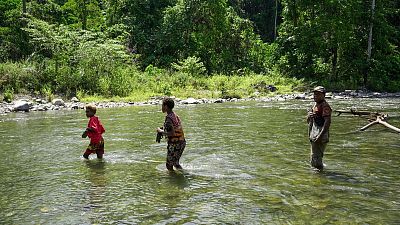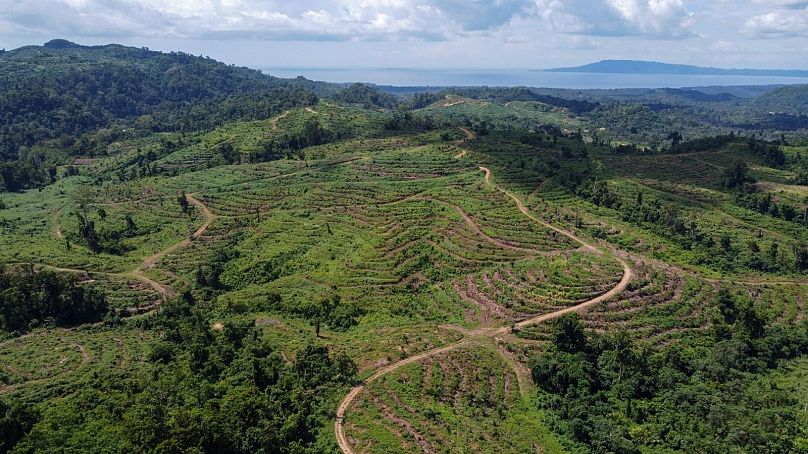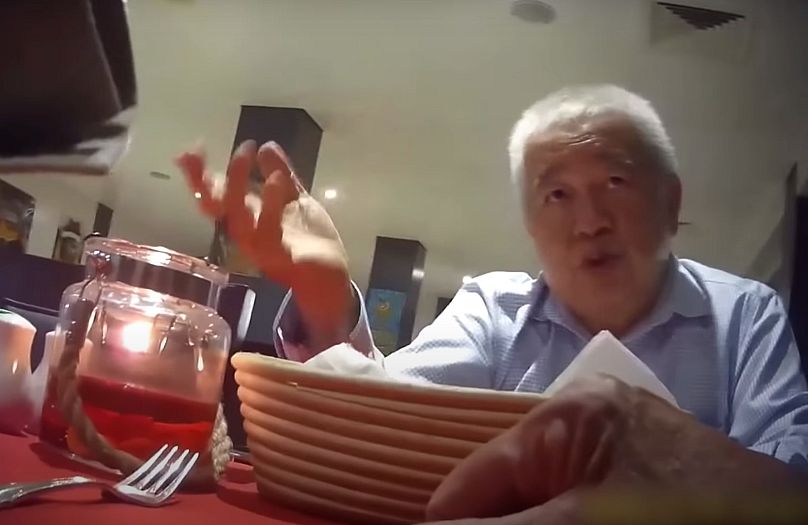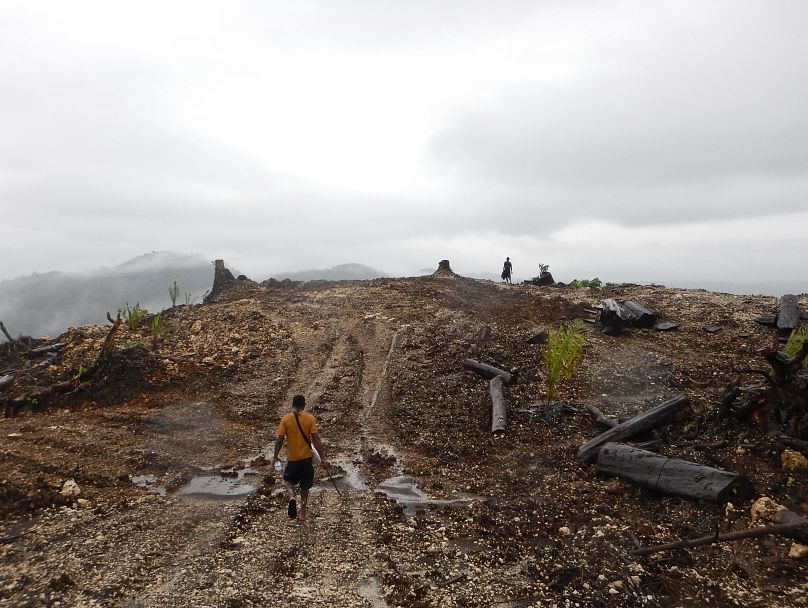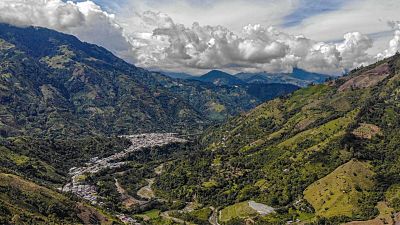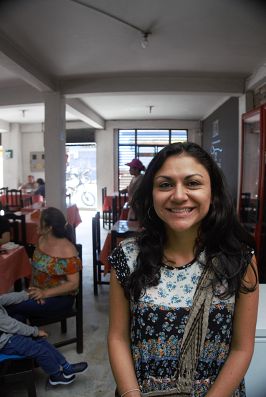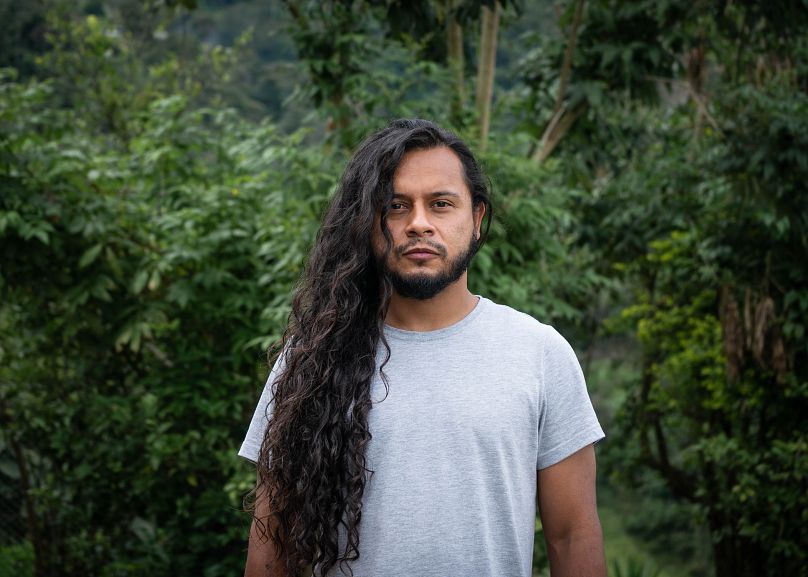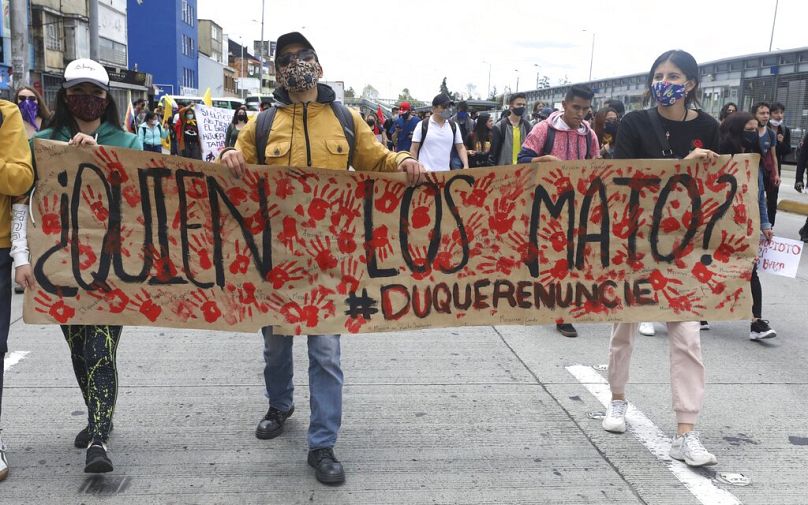
Iceberg floating close to a glacier in Iceland.
File Photo by Marco Varro/Shutterstock
Dec. 14 (UPI) -- The National Oceanic and Atmospheric Administration's 2021 Arctic report card shows a region transformed by human-caused climate change, a thawing of a once reliably frozen region.
"The Arctic Report Card continues to show how the impacts of human-caused climate change are propelling the Arctic region into a dramatically different state than it was in just a few decades ago," said NOAA Administrator Rick Spinrad. "The trends are alarming and undeniable. We face a decisive moment. We must take action to confront the climate crisis."
The Arctic Report card is compiled by 111 scientists and 11 nations. The October-December 2020 period was the warmest Arctic autumn on record dating back to 1900.
Human-caused climate change effects on the Arctic include loss of sea ice volume, a deteriorating Greenland ice sheet and some of the fastest rates of ocean acidification in the Arctic ocean.
The thawing has also increased shipping in the region, which in turn is creating more garbage and debris along Arctic shorelines.
Scientists warned Monday that an ice shelf holding a crucial Antarctic glacier could break up within the next five years.
If that happens, it could greatly increase sea level rise by as much as 25 percent.
The Thwaites Eastern Ice Shelf supports one-third of the Florida-size Thwaites Glacier.
Millions of people living in coastal areas would be endangered by that estimated 10-13 feet of sea level rise.
NOAA's Arctic report is like an annual health climate checkup for the region. It's a very significant biome. It continues to warm twice as fast as the rest of the Earth and is rapidly losing ice cover.
That thawing Arctic permafrost releases more greenhouse gases into Earth's atmosphere, which can accelerate global warming.
Dec. 14 (UPI) -- The National Oceanic and Atmospheric Administration's 2021 Arctic report card shows a region transformed by human-caused climate change, a thawing of a once reliably frozen region.
"The Arctic Report Card continues to show how the impacts of human-caused climate change are propelling the Arctic region into a dramatically different state than it was in just a few decades ago," said NOAA Administrator Rick Spinrad. "The trends are alarming and undeniable. We face a decisive moment. We must take action to confront the climate crisis."
The Arctic Report card is compiled by 111 scientists and 11 nations. The October-December 2020 period was the warmest Arctic autumn on record dating back to 1900.
Human-caused climate change effects on the Arctic include loss of sea ice volume, a deteriorating Greenland ice sheet and some of the fastest rates of ocean acidification in the Arctic ocean.
The thawing has also increased shipping in the region, which in turn is creating more garbage and debris along Arctic shorelines.
Scientists warned Monday that an ice shelf holding a crucial Antarctic glacier could break up within the next five years.
If that happens, it could greatly increase sea level rise by as much as 25 percent.
The Thwaites Eastern Ice Shelf supports one-third of the Florida-size Thwaites Glacier.
Millions of people living in coastal areas would be endangered by that estimated 10-13 feet of sea level rise.
NOAA's Arctic report is like an annual health climate checkup for the region. It's a very significant biome. It continues to warm twice as fast as the rest of the Earth and is rapidly losing ice cover.
That thawing Arctic permafrost releases more greenhouse gases into Earth's atmosphere, which can accelerate global warming.


